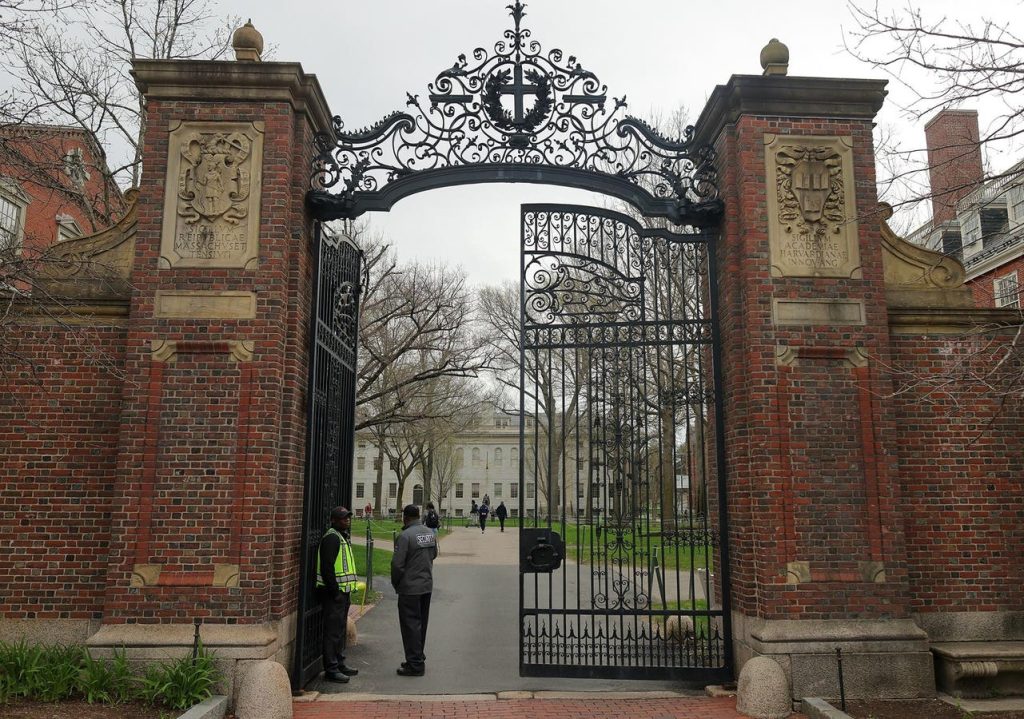For many recent college graduates entering the workforce, the value of a prestigious degree is not what it once was. A survey revealed that 37% of hiring managers believe state universities are better at preparing candidates than Ivy League schools. This shift in perspective reflects a growing emphasis on skills-based hiring, as alternative educational options, such as Google’s AI courses on Coursera, gain popularity. Employers are reevaluating the importance of a traditional college diploma and considering candidates without degrees.
Unrest on college campuses has raised concerns among employers about how protests could impact workplaces. After Google terminated employees who protested against the company’s cloud computing contract with the Israeli government, workers are questioning their rights when it comes to activism at work. A recent NLRB ruling has sparked discussions about workers’ protections and political speech in the workplace. Additionally, new labor policy developments, such as bans on noncompetes and overtime rules, are shaping the regulatory landscape for HR leaders.
As a new generation of Gen Z workers enters the workforce, managing their mental health and engaging them will be crucial. Graduation season marks the beginning of many young workers’ careers, amidst a backdrop of protests on college campuses. The changing dynamics of the labor market were evident in April, with the U.S. adding 175,000 jobs but falling short of economist estimates. Despite the increase in jobs, the unemployment rate rose slightly to 3.9%, with technology companies facing layoffs and job cuts attributed to AI.
High-profile layoffs at companies like Peloton and Tesla have put the spotlight on workforce restructuring. Peloton announced CEO Barry McCarthy’s departure and a reduction of staff by 15%. Tesla also let go of employees working on Superchargers and rescinded internship offers, following previous layoffs. As companies navigate workforce changes, strategies for integrating AI and building a positive remote culture are essential. Encouraging productive disagreement in teams and reevaluating the importance of in-office presence for career growth are key considerations for HR leaders in today’s evolving workplace.
In conclusion, the dynamics of the workforce are shifting towards a focus on skills-based hiring and alternative educational options. Employers are reevaluating the importance of prestigious degrees and considering candidates without traditional diplomas. Workplace activism, labor policy developments, and managing Gen Z workers are key challenges for HR leaders. The recent layoffs at companies like Peloton and Tesla highlight the need for workforce restructuring strategies. Embracing AI integration and fostering a positive remote culture are essential for adapting to the changing landscape of work.


